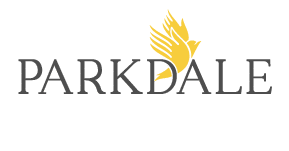Perhaps you’ve heard this quote, “Addiction is a family disease. One person may use, but the whole family suffers.” While that may be true, it also means that family support and involvement in recovery can have a tremendous impact. Research supports this; family involvement improves outcomes, reduces relapse risk, and strengthens support systems and the family unit. This article will explain why family therapy can help in addiction treatment and will provide an overview of some commonly used evidence-based family therapy approaches.
What Is Family Therapy in Addiction Treatment?
“Family” means different things to different people. No two families are alike; for some people, family could include extended family, friends, neighbors, and more. When it comes to family therapy, not all family members need to be involved or should be involved to achieve positive outcomes.
Family therapy is a form of psychotherapy or “talk therapy” that focuses on improving family relationships and how people within the family interact. Family therapy can include many aspects that will vary by family, but most types of therapy will discuss family dynamics and relationships, ways in which family members communicate, and past conflicts that may need resolving. Family therapy in addiction treatment could include individual and group sessions on a variety of topics, from how to set boundaries to parenting support.

Why Family Therapy Helps in Addiction Treatment
Here are four ways that family therapy in addiction treatment helps:
- Rebuilds communication and trust. Trust and communication have often been replaced with secrecy and silence during addiction. People experiencing addiction may have unresolved emotions and may not have had a channel for communication.
- Addresses enabling. Family members sometimes support the problematic behaviors of the person experiencing addiction, and they may not even realize it. Enabling is sometimes connected to codependency, which occurs when one family member constantly places their needs behind another’s. Examples of enabling include “covering” or making excuses for the person with the addiction. Therapy can highlight these behaviors and provide skills to address them in the future.
- Educates families about addiction as a disease. As family members learn more about their loved one’s disease, they often become more empathetic, more invested, and can recognize and reduce the stigma they have and even the self-stigma their loved one may have.
- Reduces relapse rates. Participation in family therapy in addiction improves outcomes and reduces relapse rates.
Evidence-Based Family Therapy For Addiction
Curious what family therapy for addiction might look like? Here are three commonly used models:
- Behavioral Couples Therapy (BCT) actively involves partners in the treatment process. It will usually include an assessment of the current state, some goal setting, communication skills training, and could address specific incidents or events that need resolution.
- Multidimensional Family Therapy (MDFT) usually involves multiple aspects of life, including family, school, community, and the individual. It might include sessions for the whole family but also individual sessions. Reconnecting adolescents with their parents can be a goal, as are skill building and addressing substance use.
- Functional Family Therapy (FFT) is commonly used with adolescents and focuses on addressing problems such as Substance Use Disorder or behavior. It is usually short-term and more intensive therapy that focuses on family connection and finding motivation for change.
Family Support at Parkdale Center
Each of the family therapies for addiction outlined in this article supports human connection and is likely to lead to positive outcomes. Family involvement in recovery can supercharge recovery and lead to long-term sobriety. No matter where you are in your journey or who you consider family, taking the next courageous step to a better life is possible. At Parkdale Center we provide various treatment options and therapies to help you reclaim your life and better connect with your family. If you have been looking for support, don’t wait any longer. Contact us today.

